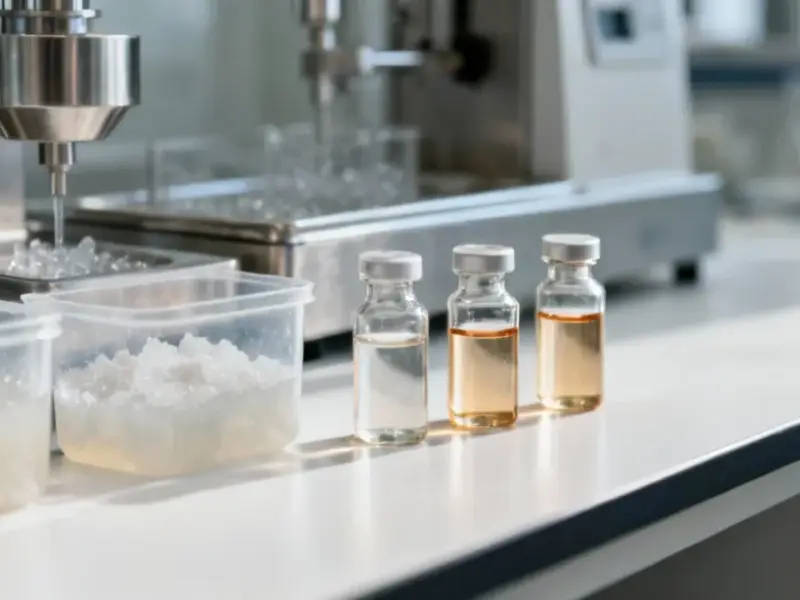Bitstack’s Big Bet: €12.9M to Make Bitcoin Savings Mainstream in Europe
The French Bitcoin savings app Bitstack has secured a €12.9 million Series A funding round. The company plans to use the capital to fuel European expansion and launch new features like a euro account and Visa debit card.









